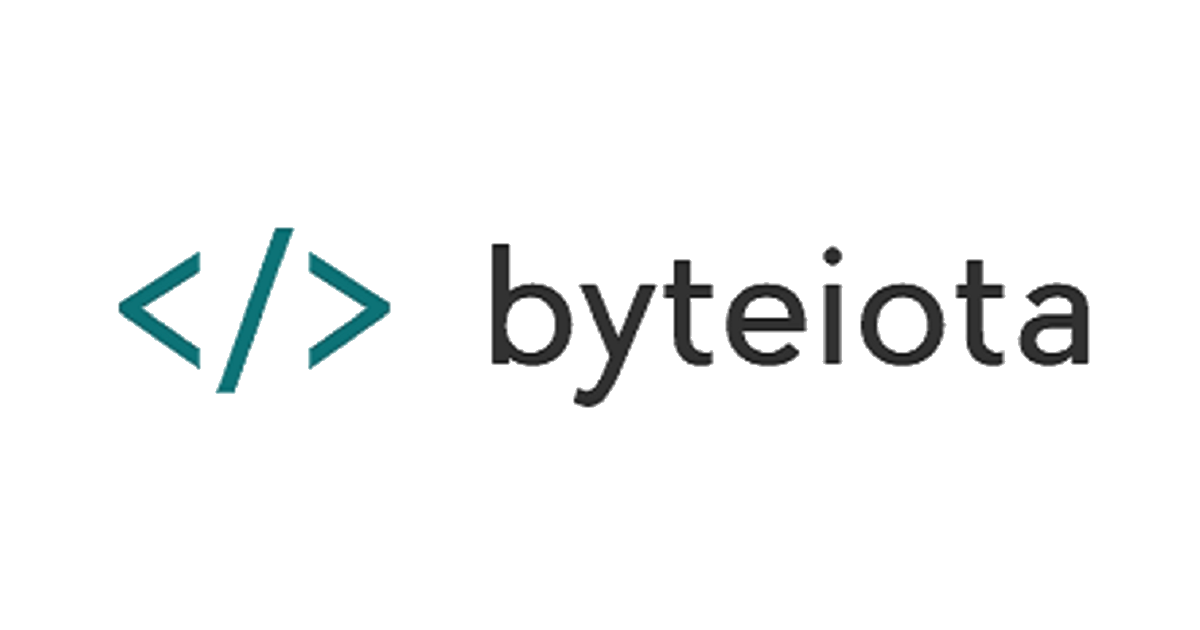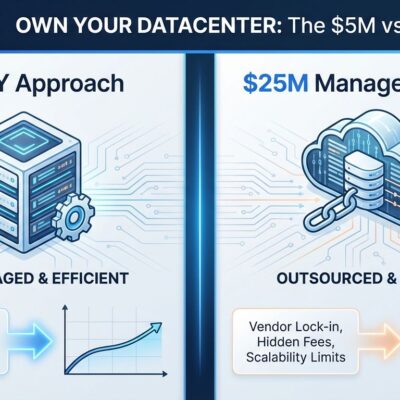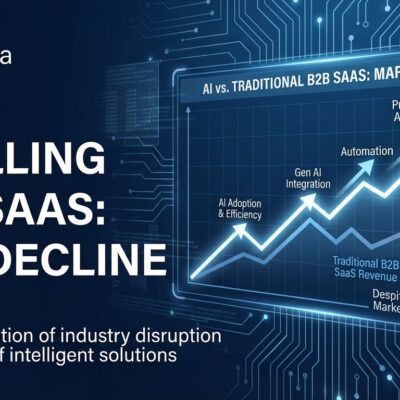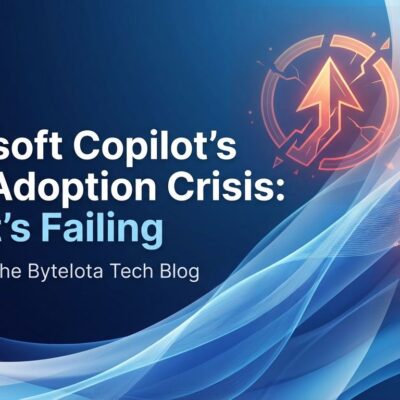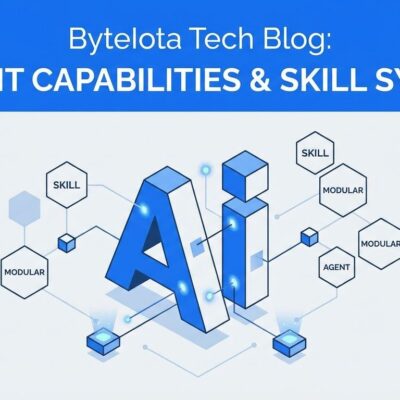
Microsoft launched Agent 365 at Ignite on November 18, positioning it as “the control plane” for enterprise AI agents. The timing isn’t subtle: 82% of companies already run AI agents, and 53% of those agents access sensitive data daily. Most organizations have no idea which agents are deployed, what they’re accessing, or who’s accountable when something breaks. Agent 365 promises visibility and governance for what Microsoft calls the “agentic era.”
The platform is available now through Microsoft Frontier, the company’s early access program. It requires at least one Microsoft 365 Copilot license, though Microsoft hasn’t disclosed pricing beyond that.
The Problem: AI Agents Running Wild
Agent sprawl is the uncontrolled proliferation of AI agents across enterprise teams without oversight. It’s shadow IT for the AI age. Marketing deploys 50 ChatGPT-powered agents. Engineering builds workflow automation. Sales integrates third-party AI tools. Nobody tells IT. Nobody tracks data access. Nobody assigns ownership.
When developers leave, their agents keep running. When security incidents happen, audit trails don’t exist. When regulators ask for compliance reports, IT shrugs. McKinsey’s analysis is blunt: “The bigger challenge won’t be technical but human—establishing the right governance to manage agent autonomy and prevent uncontrolled sprawl.”
The statistics validate Microsoft’s bet. Beyond the 82% adoption rate, 44% of organizations cite AI sprawl as a major risk source, and 79% have adopted agents to some extent. The problem isn’t hypothetical.
What Agent 365 Does
Microsoft’s solution treats AI agents like users. Each agent gets a Microsoft Entra Agent ID—a unique identifier for lifecycle management. Agents authenticate via access tokens rather than passwords, and human “sponsors” are assigned for accountability.
The platform delivers five core capabilities:
Registry: A centralized inventory tracking every agent—Microsoft, open-source, or third-party. Shadow AI becomes visible, and unsanctioned agents can be quarantined.
Access Control: Risk-based conditional access policies enforce least-privilege principles. Agents can’t access resources beyond what they need.
Observability: Real-time dashboards show agent health, telemetry, and performance. Visual connections map agents to people and data flows.
Interoperability: Agent 365 claims to work with agents from any platform—Adobe, Databricks, ServiceNow, SAP, NVIDIA, Workday, and others. Fourteen major partners are integrating.
Security: Microsoft Defender detects threats in real time. Microsoft Purview applies data protection policies. Microsoft Entra enforces identity-based security. Defense-in-depth across the stack.
Access runs through the Microsoft 365 Admin Center, Entra, Purview, and Defender. IT teams get a single control plane for users, apps, and agents.
The Vendor Lock-In Question
Microsoft insists Agent 365 offers “freedom of choice” and genuine interoperability. Skepticism is warranted. The platform requires a Microsoft 365 Copilot license and integrates deeply with Microsoft 365 infrastructure. Third-party agents receive Entra IDs and governance, but will they be genuinely first-class citizens or merely tolerated guests?
Security firm Entro noted that “Microsoft Agent 365 Boosts AI Identity, Yet Governance Gaps Remain,” pointing to cross-environment challenges in multi-cloud deployments. If your agents run across AWS, Google Cloud, and Azure, can Agent 365 really govern them uniformly?
There’s also the innovation question. Centralized governance can slow down experimentation. Developers who’ve been spinning up agents freely may resist adding them to registries and assigning sponsors. The risk is governance theater—bureaucratic process without meaningful value.
Who Should Care
IT administrators gain visibility into deployed agents and can quarantine shadow AI. Security teams get real-time threat detection via Defender. Compliance officers can generate audit trails through Purview for GDPR and HIPAA requirements. Developers access unified SDKs with enterprise security built in. Business leaders can finally measure agent ROI and manage costs.
The market signal matters: 43% of firms now dedicate the majority of their AI budgets to agentic capabilities, and 62% expect more than 100% ROI from agent deployments. Agent governance isn’t a nice-to-have. VentureBeat’s assessment is accurate: Microsoft is “shifting AI agents from sandbox tools to enterprise-grade infrastructure.”
What Happens Next
Agent 365 is in early access now. General availability will likely arrive in Q1 2026. Competing platforms from Google Cloud and AWS seem inevitable. Industry standards for agent identity are emerging, with Microsoft pioneering the Entra Agent ID approach.
The bigger trend is governance becoming table stakes for enterprise AI. Ungoverned agent fleets will cause breaches, compliance failures, and technical debt. Organizations that establish governance frameworks now will scale AI faster than those scrambling to retrofit controls later.
Microsoft is betting that enterprises prefer unified platforms over fragmented point solutions. Whether Agent 365 becomes the standard or sparks competitive alternatives, the message is clear: the era of unmanaged AI agents is ending.
